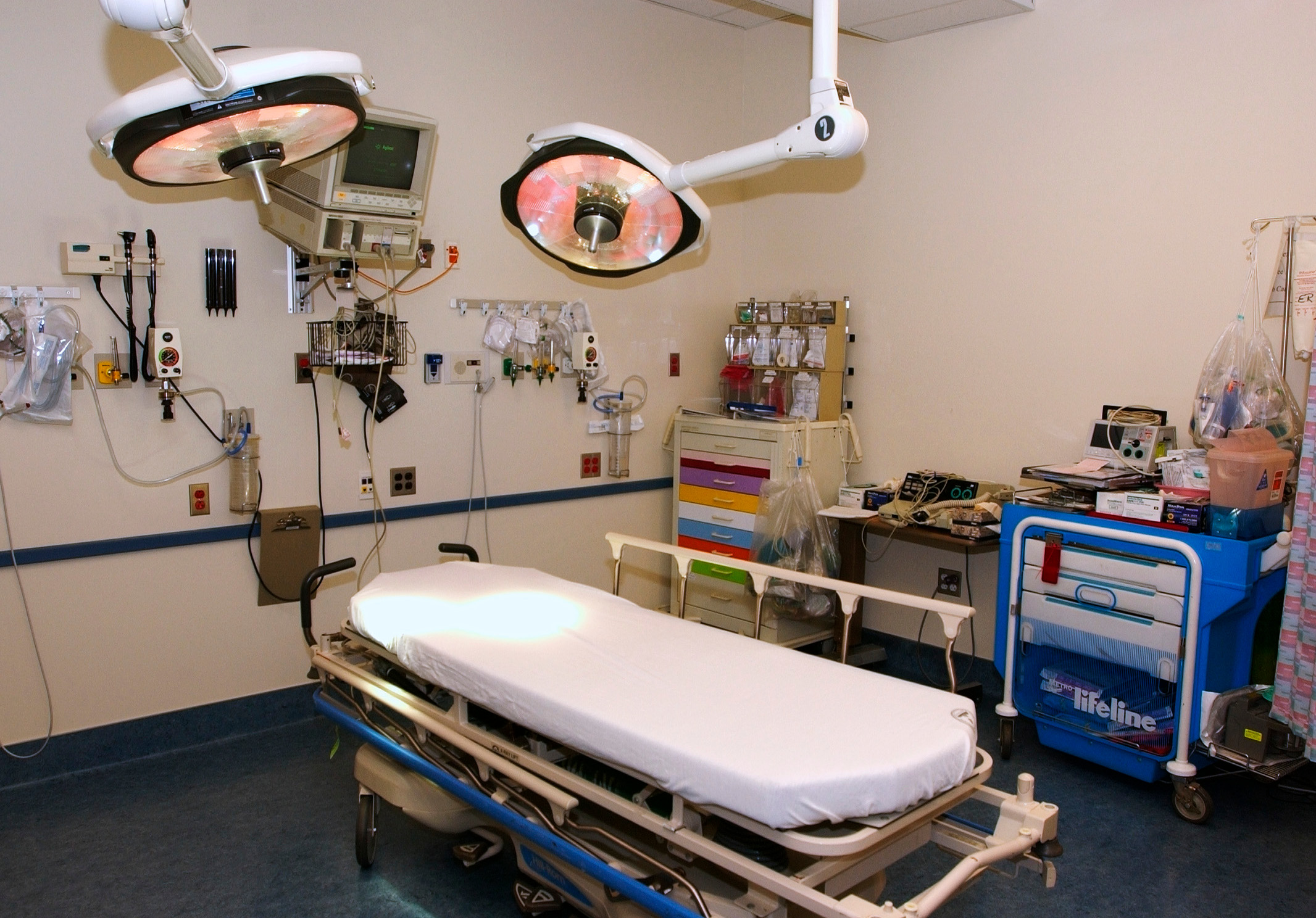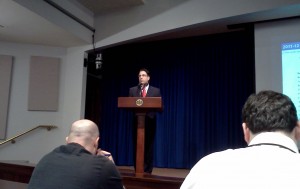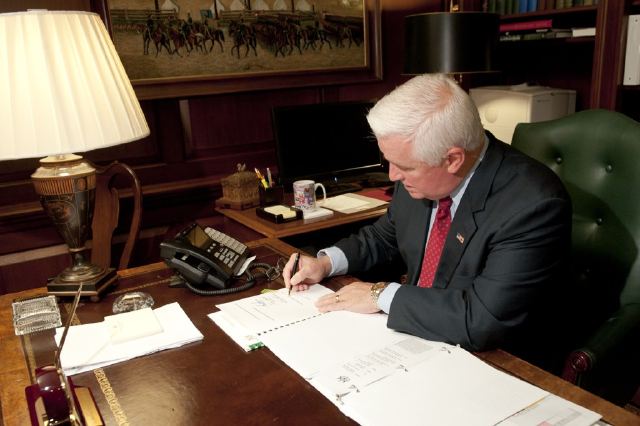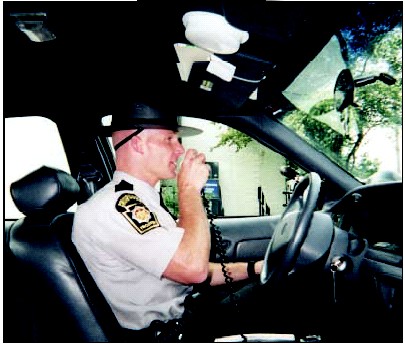New Year’s Day is Most Dangerous for Young Adults
The Pennsylvania Medical Society says New Year’s Day is the most dangerous holiday for young adults, and drinking is part of the problem. Government statistics show emergency room visits for underage drinking on New Year’s have surpassed other national holidays.
Dr. Henry Unger, president of the Pennsylvania Chapter of the American College of Emergency Physicians, says there are alcohol poisoning, car crashes, fights, and injuries from falls. He says there are 250% more injuries coming to the emergency room from alcohol-related problems on New Year’s compared to any other holiday.
Dr. Unger says when we drink, our coordination is impaired and our thought process is impaired. He says college students are especially at risk for assaults committed by someone who has been drinking.
Dr. Unger says adults should drink in a sound way and people who are underage should not drink at all. He says parents and other adults who have contact with teens should educate them about the risks.
Dr. Unger says injuries range from severe head trauma to broken bones and stitches. He says they see alcohol poisoning cases so severe that patients are not breathing. They’ve also seen abuse of alcohol cause bleeding ulcers in young adults.













